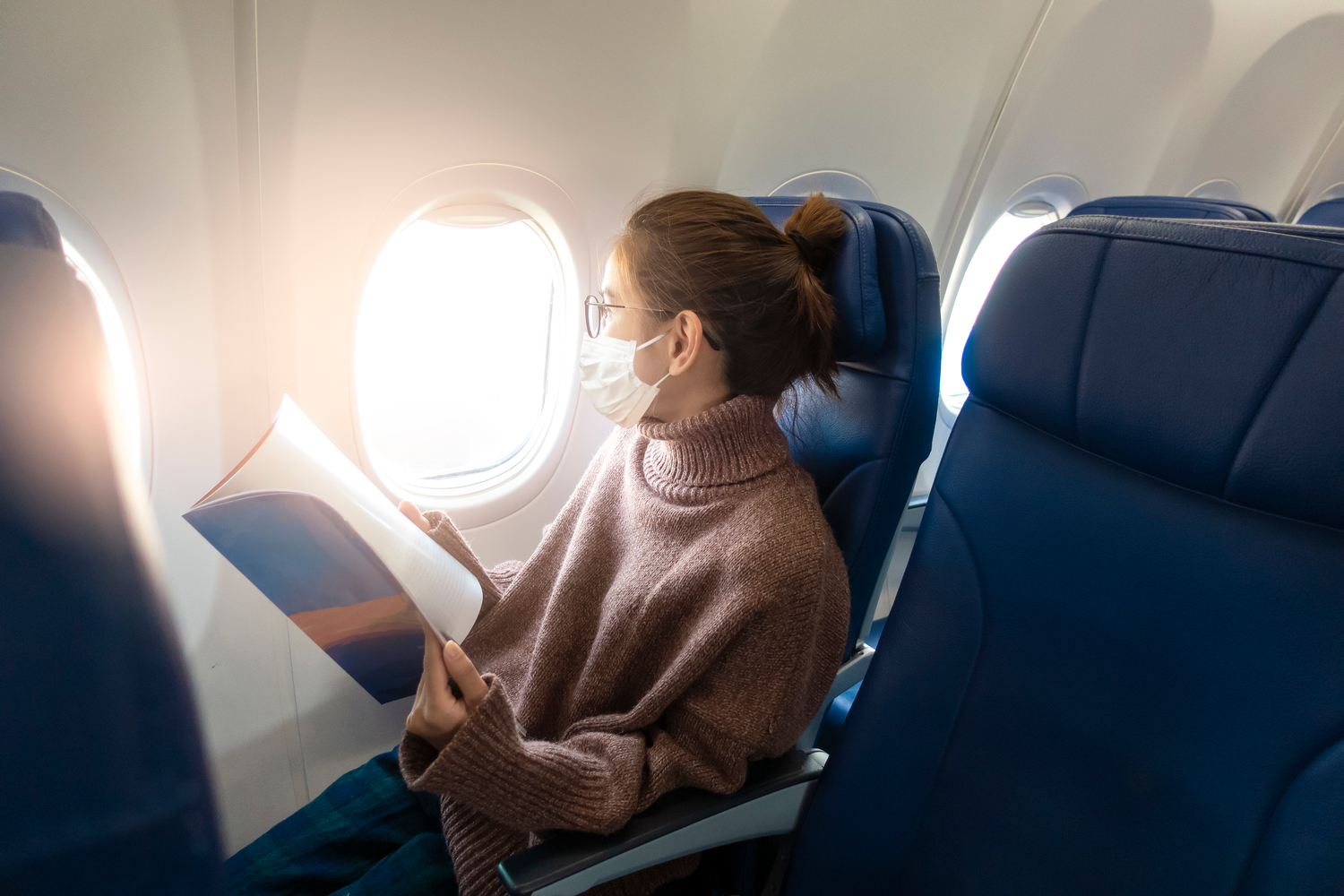
The risk of Covid-19 transmission onboard an aircraft is lower than that of other routine activities, such as grocery shopping or eating out. This was revealed by a new report published by Harvard TH Chan School of Public Health.
Researchers with the Aviation Public Health Initiative (APHI), a project of the Harvard TH Chan School of Public Health, released phase one of its ongoing research on strategies and practices to reduce the public health risks of flying during the Covid-19 pandemic.
The ‘Gate-to-Gate’ report found that through a layered approach to risk mitigation, the scientific evidence shows a low risk of Covid-19 transmission on aircraft. It provides evidence that it is possible to leverage technology and modify behavior to allow some near-normal activity while reducing the risks of disease transmission during the COVID-19 crisis.

Listing out the essentials for lowering risk infection, the study states that care should be taken to ensure commercial passenger aircraft are equipped with highly effective ventilation systems that refresh cabin air every two-three minutes. Secondly, the report states that face masks are mandatory and there should be strict implementation of protocols to manage boarding and deplaning. The third essential point is disinfection, airlines should institute cabin-cleaning practices to remove contaminants from high touch surfaces.
Screening is another prerequisite, where passengers and crew should provide health attestations to confirm that they are free of Covid-19 symptoms and not exposed to someone who is positive. Lastly, education and awareness should be kept in mind, as airlines and airports campaign about actions taken to reduce disease transmission on their journey.
While suggesting airlines to continue with the prevalent protocols, the study recommends that aviation units should maintain appropriate ventilation during all phases of travel, including while the plane is on the ground; reduce the density of passengers embarking/disembarking the jet bridge at any one time and admit limited numbers of passengers on the plane at one time, in row-by-row sequence and follow the same while deplaning.




















